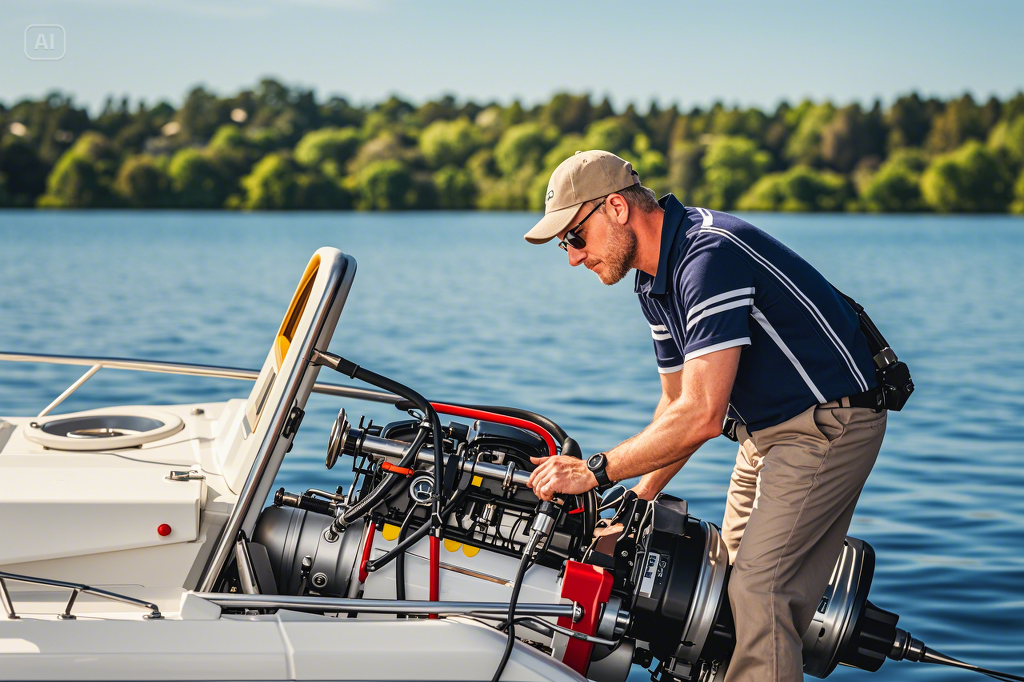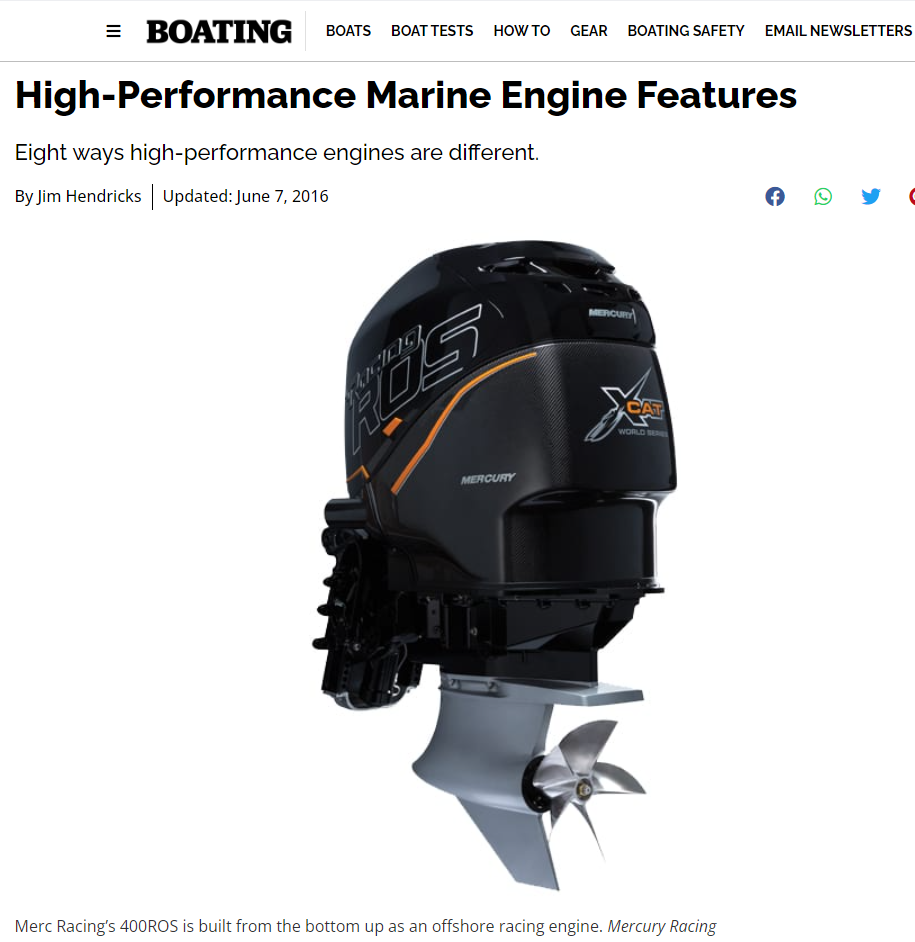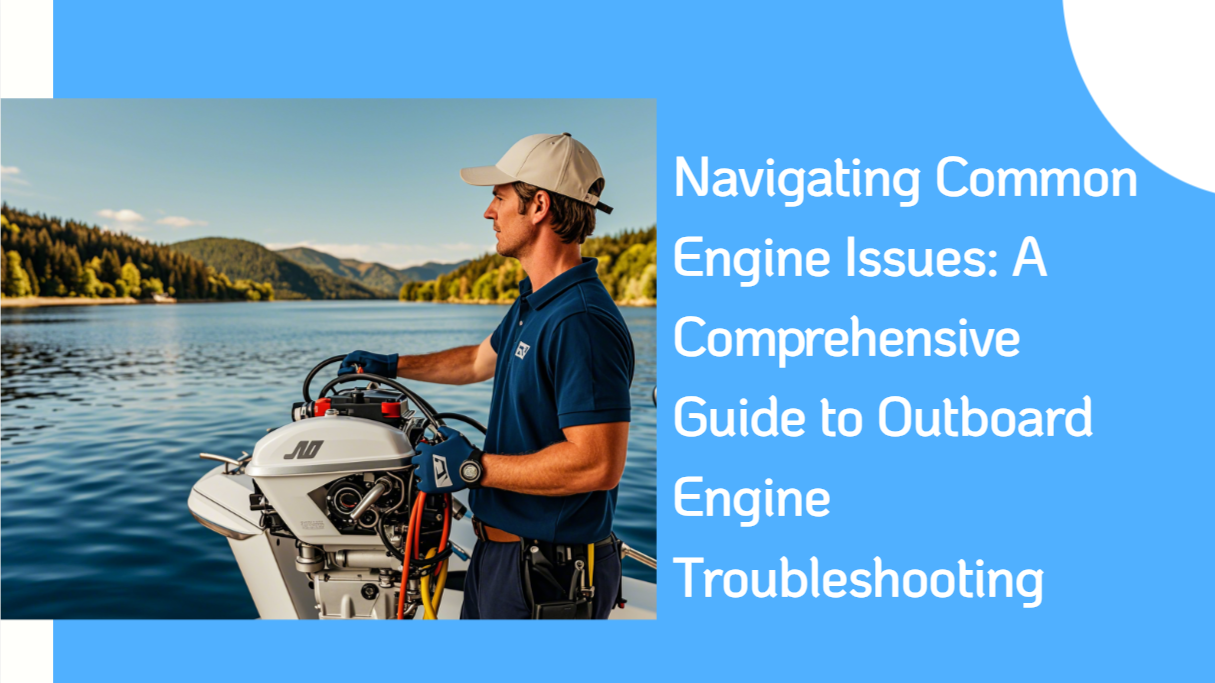When it comes to ensuring that your boat runs smoothly, understanding outboard engine troubleshooting is essential. Many boat owners encounter engine issues at some point, and knowing how to diagnose and fix these problems can save time, money, and frustration. This comprehensive guide will provide you with valuable insights into common engine issues and effective troubleshooting techniques.
- Boat Engine Repair Near Me: Understanding Engine Repair Costs
- Maximize Performance: Expert Tips for Boat Maintenance Near Me
Quick Tips
- Regularly inspect your outboard engine to catch potential issues early.
- Follow a troubleshooting checklist to systematically identify problems.
- Consult a professional when in doubt or for complex repairs.
[BUTTON: Get expert assistance for outboard engine troubleshooting]
Introduction
Outboard engines are popular for their reliability and ease of use, but they are not immune to problems. Many boat owners often ask, “What should I do when my outboard engine won’t start?” or “How can I troubleshoot common issues?” This guide aims to answer these questions while providing essential tips for effective outboard engine troubleshooting.Understanding the basics of engine maintenance and repair can help you identify problems before they become serious. By following the steps outlined in this guide, you’ll be better equipped to handle any issues that arise with your outboard motor.
Table of Contents
- Common Outboard Engine Problems
- Basic Troubleshooting Steps
- Tools Needed for Troubleshooting
- Advanced Troubleshooting Techniques
- When to Seek Professional Help

1. Common Outboard Engine Problems
Before diving into outboard engine troubleshooting, it’s important to recognize some of the most common issues that boat owners face:
- Engine Won’t Start: This is one of the most frequent complaints among boaters. It can be caused by a dead battery, faulty ignition switch, or fuel delivery problems.
- Overheating: If your engine is running hotter than normal, it could be due to a clogged cooling system or low coolant levels.
- Poor Performance: If your boat feels sluggish or unresponsive, it might be due to fuel system issues or propeller problems.
Pro Tip: Regular maintenance can prevent many of these common issues from occurring in the first place.
2. Basic Troubleshooting Steps
When faced with an issue, follow these basic steps for effective outboard engine troubleshooting:
- Check the Fuel Supply:
- Ensure there is enough fuel in the tank.
- Inspect fuel lines for leaks or blockages.
- Inspect the Battery:
- Check battery connections for corrosion.
- Test the battery voltage; replace if necessary.
- Examine the Ignition System:
- Check spark plugs for wear and replace if needed.
- Ensure the ignition switch is functioning properly.
Common Mistake: Skipping initial checks can lead to unnecessary complications later on. Always start with the basics!
3. Tools Needed for Troubleshooting
To effectively troubleshoot your outboard motor, having the right tools on hand is crucial:
- Multimeter: For checking electrical connections and battery voltage.
- Spark Plug Wrench: To easily remove and inspect spark plugs.
- Fuel Pressure Gauge: To measure fuel system pressure.
- Basic Hand Tools: Such as screwdrivers, wrenches, and pliers.
Having these tools readily available will make your troubleshooting process smoother and more efficient.
Affordable Marine Engine Repair Near Me: How to Save on Repairs

4. Advanced Troubleshooting Techniques
If basic troubleshooting does not resolve the issue, you may need to employ more advanced techniques:
- Compression Testing: This test measures the pressure within each cylinder and helps identify internal engine problems.
- Fuel System Inspection: Check fuel filters, lines, and injectors for clogs or damage.
- Cooling System Analysis: Inspect water pumps and thermostats to ensure proper cooling flow.
Expert Insight: “Regularly performing compression tests can help detect potential problems before they lead to major repairs.”
Outboard Engine Troubleshooting
5. When to Seek Professional Help
While many maintenance tasks can be handled by boat owners, some situations require the expertise of professionals:
- Complex Repairs: If you’re facing significant engine issues or complicated electrical problems, it’s best to consult experts in marine maintenance near me.
- Annual Inspections: Consider hiring a qualified technician for comprehensive annual inspections to ensure everything is functioning correctly.
- Specialized Services: For tasks like inboard motor maintenance or specific repairs not covered in this guide, it’s advisable to seek services from specialists who have experience with specific engine types.
Marine Engine Repair: Frequently Asked Questions
Common Mistakes to Avoid
Here are some common mistakes related to outboard engine troubleshooting:
- Ignoring Warning Signs: Failing to address unusual noises or performance changes can lead to bigger issues down the road.
- Neglecting Routine Maintenance: Skipping regular checks can result in unexpected failures during use.
- Using Low-Quality Parts: Always opt for high-quality parts when replacing components; this ensures better performance and durability.
FAQs
1. How often should I perform outboard engine maintenance?
Regular checks should be done weekly, with more comprehensive services scheduled monthly or seasonally based on usage.
2. What should I include in my outboard engine maintenance checklist?
Your checklist should cover fuel checks, battery inspections, cooling system evaluations, and safety equipment verification.

Outboard Engine Troubleshooting
3. When should I seek professional help for my outboard motor?
If you’re uncertain about any repair or if you’re facing complex issues with your engine or electrical systems, it’s best to consult with marine maintenance professionals.
Engine Troubles? Here’s What You Need to Know: FAQs on Marine Engine Service
Conclusion
Navigating common engine issues through effective outboard engine troubleshooting is essential for any boat owner looking to maintain their vessel effectively. By being aware of potential problems and knowing when to seek help, you can save significant amounts on repairs while ensuring your boat remains in top condition.Always remember that regular upkeep not only enhances your boating experience but also extends the life of your vessel. Don’t hesitate to reach out for professional help when needed; keeping your boat in top shape is worth the investment.
[BUTTON: Get started with expert marine services today]
Additional Resources
- The Price of Ignoring Boat Engine Repair: A Cost Breakdown
- Unlocking the Secrets of Marine Engine Maintenance and Repair: Your Most Pressing Questions Answered
- What You Didn’t Know About Mobile Marine and Small Engine Services: Essential Questions for Every Boat Owner
[CATEGORY_LINK]

